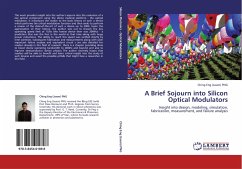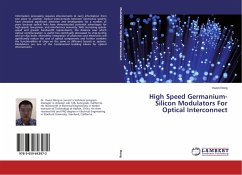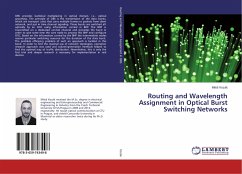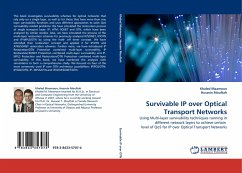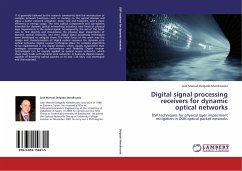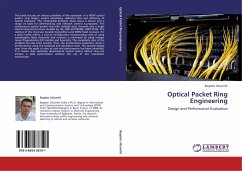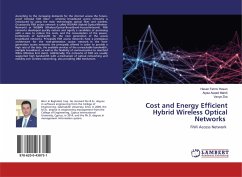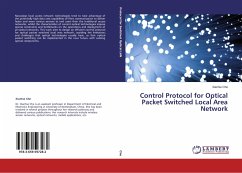This work provides insight into the author's sojourn into the evolution of a key optical component using the silicon material platform - the optical modulator. It introduces the reader to the basic theory of such a device which performs the critical modulation function and then seeks to perform a review of the state-of-the-art of such a device up to 2004. Upon the appreciation of their history, the author sets out to breach the key operating speed limit of 1GHz (the fastest device then was 20MHz) - a prediction that was the first in the world at that time along with huge power reductions. The ability to reach this speed was verified shortly by Intel scientists. Subsequent fabrication and measurements along with uber important failure analysis and equivalent circuit s are also detailed. For readers already in this field of research, there is a chapter providing ideas to boost device operating bandwidth to 40GHz and beyond and also to improve semiconductor device physics. The author sincerely hopes that readers will be able to benefit and learn critical insight into the study of such devices and avoid the possible pitfalls that might face a researcher in this field.

